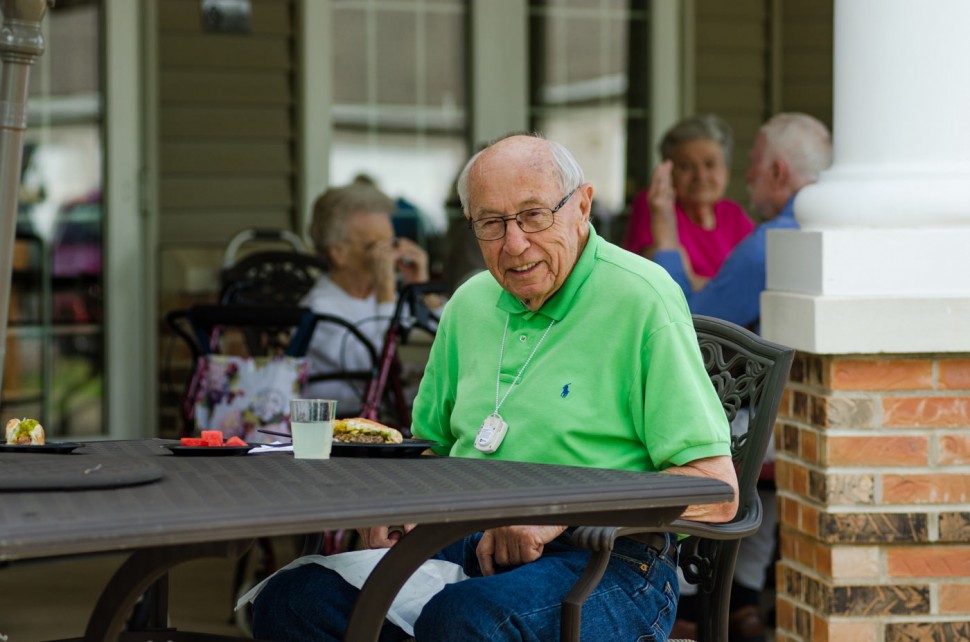Some forgetfulness is just a natural part of aging, but memory loss that disrupts daily life may be a symptom of Alzheimer’s or other forms of dementia. Simply defined, Alzheimer’s is a brain disease that causes a slow decline in memory, thinking and reasoning skills.




